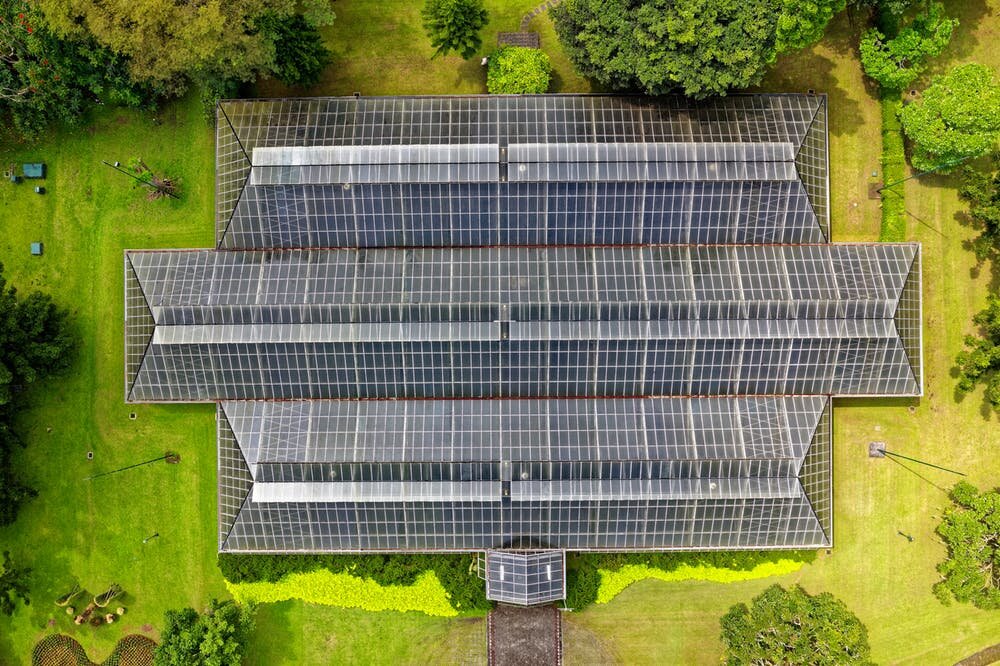Enabling Peer-to-Peer (P2P) Energy Solutions
Photo credit: Eco Life - Solar Power Systems
In pay-per-use models, users pay for the use of a product instead of possession. This product-to-service model creates incentives for products that last, stimulates value chains to work together, and places more responsibility on producers for the collection, processing, and reuse of products. Facilitating civic exchange networks can help to reduce overall dependence on public services and utilities and thus improve the accessibility of such services to vulnerable and minority communities.
A key area of pay-per use models is the development of infrastructure that enables asset trading within communities and/or cooperatives, of utilities - such as off-grid renewable energy markets. These new platforms are driven by individuals or communities who actively generate their own electricity (known as prosumers) from domestic sources and trade it locally with their neighbours, while retaining value generated within the community. These civic-driven models play an important role in the European Commission directive for decarbonising the energy sector and European economy.
Challenge Owner
The Alternative Finance Lab (AltFin Lab) of the United Nations Development Programme (UNDP) is an internal innovation team focused on experimenting with new financial mechanisms and technologies to progress the Sustainable Development Goals (SDGs). AltFin Lab’s portfolio includes successful pilots with Distributed Ledger Technologies such as CederCoin and TreeCoin.
Despite the prioritisation of decarbonisation by European economies, there remain key regulatory barriers to realising P2P energy trading. Furthermore, even when the regulatory environment is open to new innovations, there are technological implementation issues, as simple as, for example, the lack of households who have smart meters. There are, however, multiple examples of successful small-scale implementations in Armenia, Bahrain, and Panama, alongside the proliferation of DLT-based startups working to help incentivise renewable energy adoption.
The Challenge
Despite the prioritisation of decarbonisation by European economies, there remain key regulatory barriers to realising P2P energy trading. Furthermore, even when the regulatory environment is open to new innovations, there are technological implementation issues, as simple as, for example, the lack of households who have smart meters. There are, however, multiple examples of successful small-scale implementations in Armenia, Bahrain, and Panama, alongside the proliferation of DLT-based startups working to help incentivise renewable energy adoption.
Potential Challenge Areas
Enabling citizen co-investments in renewable energy infrastructure, whether those are community microgrids or public-owned renewable energy parks.
Creating tradable renewable energy certificates which verify the providence of energy supplies and thus facilitates the shift of energy production and usage to renewable energy.
Development of a marketplace that connects and incentivises buyers - whether individual households or utility organisations - to renewable energy supplies.


